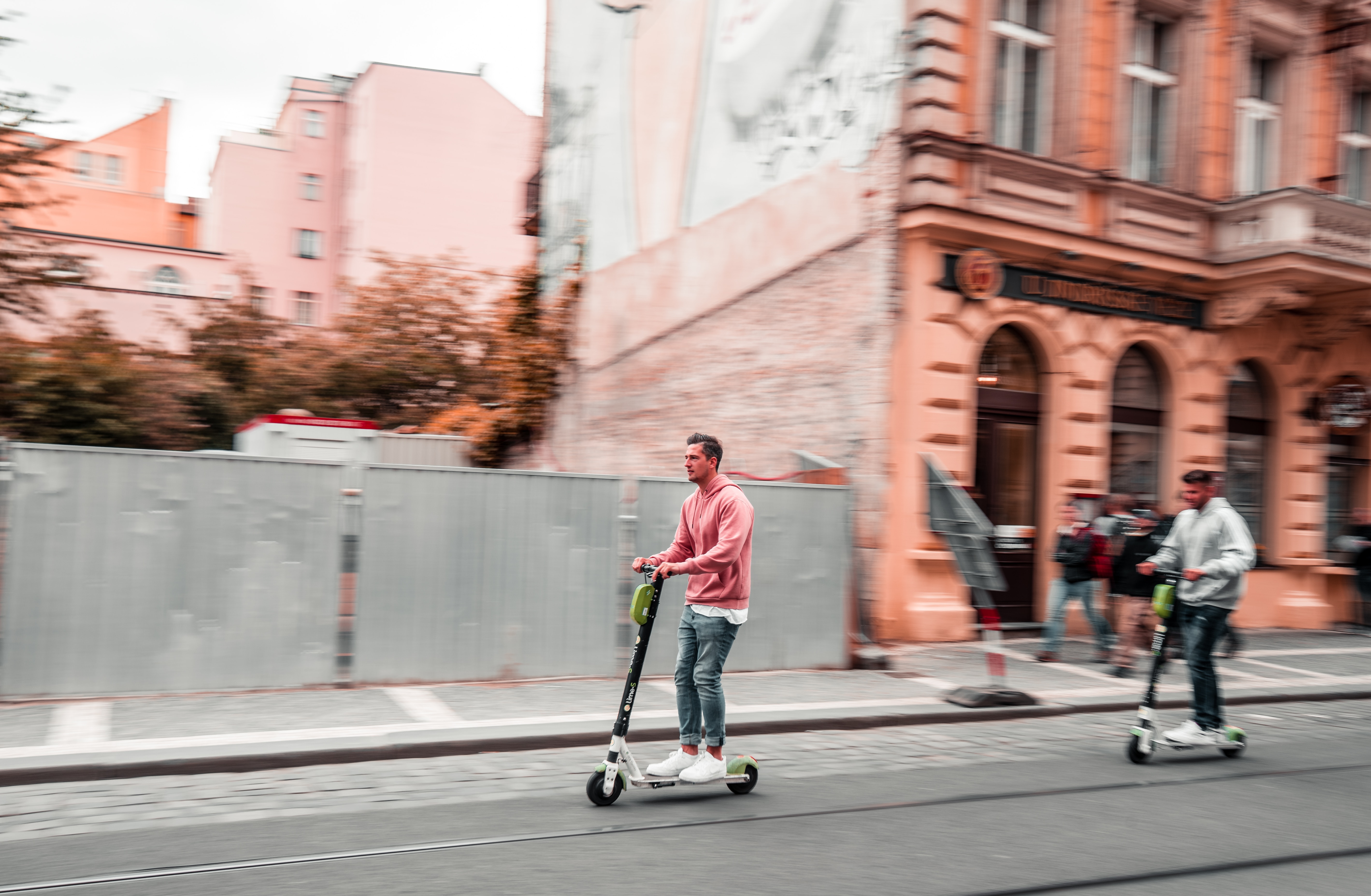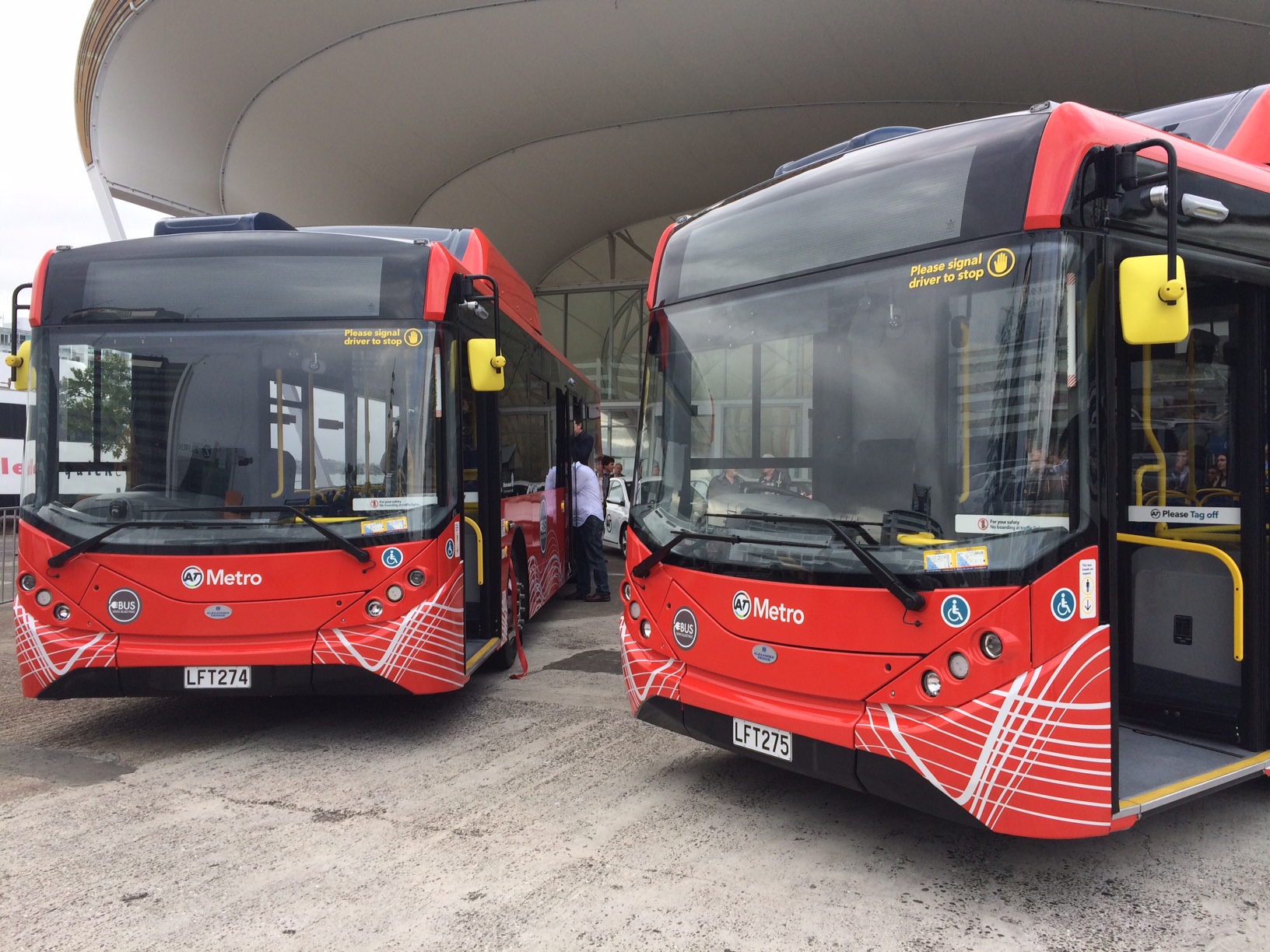It is amusing to listen to those involved in the business of public transport like the degreed so-called experts at Auckland Transport. You know the ones, straight out of university, who Phil Twyford thinks are as dumb as he is. In the case of Auckland Transport, he just might be not too far off the mark. Then there are the journalist ideologues like Simon Wilson. They all seem to be possessed with simplistic logic, to a degree brought about by an unhealthy obsession with climate change. They think that getting cars off the road and increasing all forms of public transport is going to solve all sorts of problems to do with our planet.
They love to spout figures referring to the increased number of passenger trips taken on trains and buses over the last fifteen years or so. These figures are presented in such a way that, in the morning and afternoon peak traffic times, you would expect to be the only vehicle on the motorway. This is not to question the accuracy of their figures but rather the myth that these increased numbers of public transport passenger trips are solving the gridlock on the motorways and major suburban roads. No one would argue that they’re helping, but they’re not and never will be the answer.
Some figures that they would like hidden will tell you why. According to a Boston Consulting Group report commissioned by Uber and released in March this year, peak hour travelling now lengthens Auckland car trips by 48%, just pipping Sydney as the worst in Australasia. The report found that 90% of the population travel in cars compared to just 5% who use public transport. This is the figure that needs to be taken notice of rather than the increased high fives figure of passenger trips taken. Nicky Preston, head of communications at Uber, says they found that 54% of Aucklanders own more than one car.
According to government modelling, 40% more of Auckland’s roads will be severely congested by 2049 if no action is taken. So what is Auckland Transport’s answer? No prizes for guessing. They’re taking action to improve public transport in the region, a project I thought they’d just completed. They now have copious numbers of buses belching diesel fumes into the air, many outside of peak times with only two or three people in them.
Auckland Transport’s Mark Lambert says “We all know congestion is getting pretty bad in Auckland and it has been getting worse, we’ve been working on a lot of things, particularly public transport.” Interestingly Auckland Transport’s own figures show that it’s still quicker to get to the CBD by car in the morning peak from at least half of the six centres it monitors. The reports suggests car pooling and e-scooters as part of the solution. Papakura or Albany to the city on an E-scooter?

A report published in July by the Automobile Association said the average Aucklander wasted about 85 hours sitting in traffic last year, up from 79 hours in 2017. The AA predicts by 2028 Auckland will have 300,000 more people and 250,000 more cars. AA spokesman Barney Irvine says most of the growth will be in the outer suburbs with limited public transport, work and study options. He says what it all adds up to is much more driving and that means much more congestion.
In the next nine years, according to the AA, the passenger transport share of trips made will have increased from 5% to 7%, a measly 2%. This is where all the talk of great increases in numbers of passenger transport trips made, in my view, doesn’t paint the full picture and is to a degree misleading. Great for the transport boffins and Mayor Goff though.
Wellington is not much better off with bureaucrats seemingly unable to run a bus service. It reminds me of an episode of Yes Minister where a top politician asked if anyone had seen a bus timetable to which Jim Hacker replied by asking if a bus driver had ever seen a bus timetable. You’d think Grant Robertson’s partner Alf would be able to offer some meaningful advice. Wellington has five train lines but 85% of the people travelling only use two of them. Poses the question, is it worth keeping the others operational?
Both Auckland and Wellington are crying out for road improvements but requests from those in the know for what should happen are falling on deaf ears. The government, councils and those running transport in both cities need to wake up to the fact that public transport is not a solution to gridlock. The Hamilton to Auckland slow coach express with its 150 ghost passengers won’t do anything to reduce motorway congestion either.
Mr Twyford and his assistant, Ms Genter, need to get their heads out of the climate change sand and take a leaf out of Megan Woods’s book with her housing dashboard. They need a roading dashboard and to start building quick smart.

